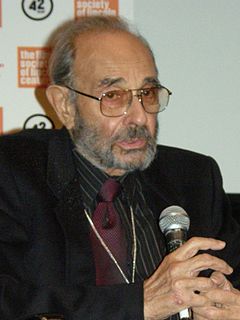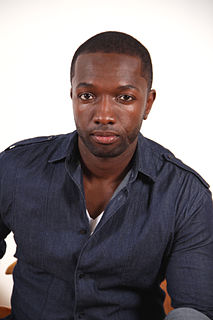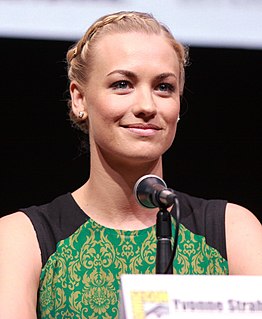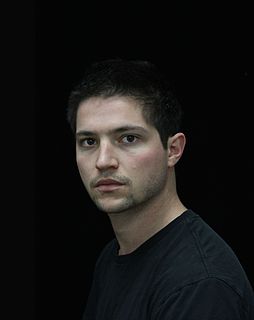A Quote by Stanley Donen
There's no more film. Film is gone. We photograph digitally and electronically. We don't really use film the same way anymore - it's disappearing little by little. Things change. We have to change with them. There's no point in liking or not liking it. It is what it is.
Related Quotes
I want to use film to tell stories that need to be told to spark discussions that will lead to change. I really want to see a change in the mindset of youth, how they see themselves and how they value life. Young audiences will be able to see themselves in this film and older audiences will gain an understanding of what their kids are dealing with on a daily basis. Kids discuss what they see on TV, social media, film so I want to create content that they will discuss and will change the way they think.
There are some audiences who are uncomfortable with the ambiguity, though. They want a film to chew their food for them, they want Hollywood endings that tie everything together in the end and answer all of the questions. They are usually people on one extreme of the political spectrum or other and they haven't been happy because the film is not polemical enough on their side. They aren't usually people who aren't interested in understanding points of view that they disagree with - they just want to attack their opponents - and I'm ok with them not liking the film.
Silence Of The Lambs? is a ?fantastic? film. It's a horror film, and it's an incredibly well-told film that is about point of view in such a unique way. The way that film is shot, the way the eyelines are so close, if not directly into camera, betrays an intimacy with the characters and the audience.
Basically, actors arrive in a bubble. They have a little sealed bubble around them and it's basically [comprised of] their agents, their last film, their next film, their press agent, and their per diems - all these things, they cocoon themselves with and you have to puncture that bubble on each of them to make them be in your film.
From a writing standpoint, maybe television is a little more satisfying because it's not all hinging on one thing. You can experiment, week to week, and you can be a little narrower in your scope one week, and then be a little broader the next week. But with film, everything can look the way you want it to look. You can really sculpt the final product. So from a directorial standpoint, film is more satisfying. But, they're both forms of media that I'd like to keep involvement in.
To me, a revolutionary film is not a film about a revolution. It has a lot more to do with the art form. It's a film that is revolting against the old established language of cinema that had been brainwashing the people for decades. It is a film that is trying to find ways to use sound and image differently.






































